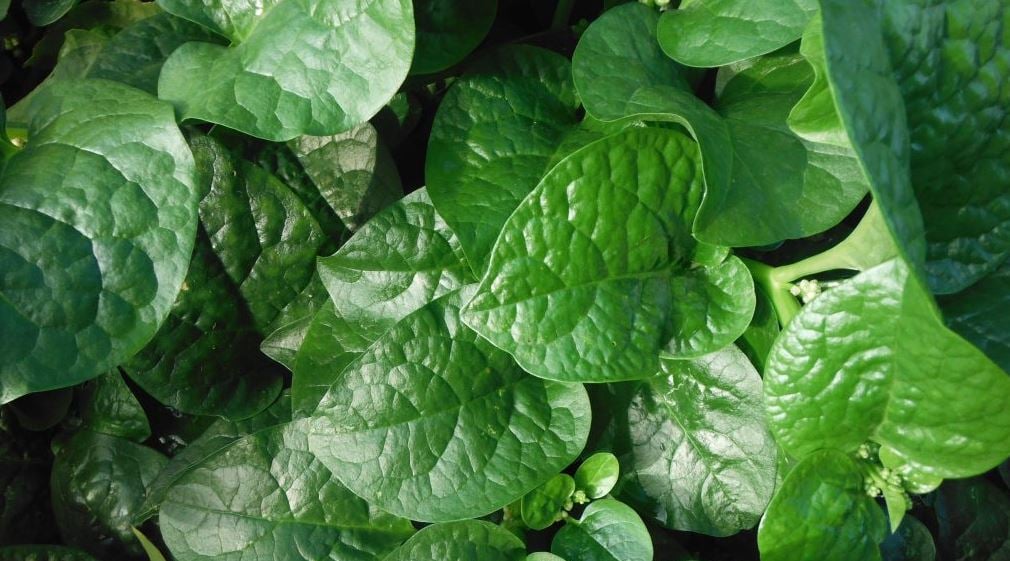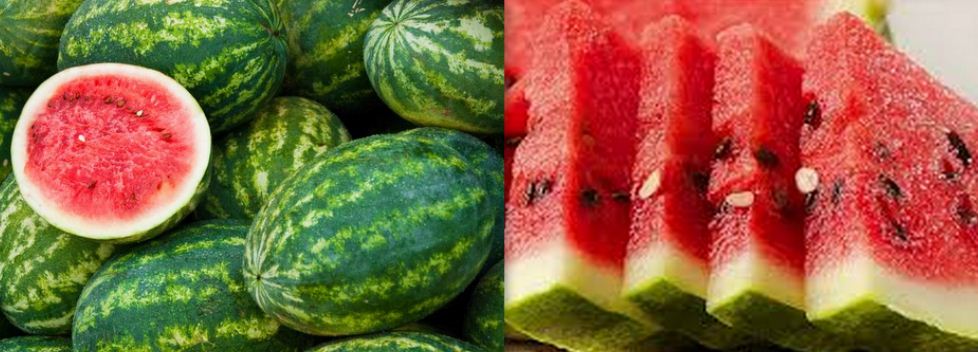About Lime Fruit and Its Health Benefits

Lime is a citric juice that is round in shape and contains citric acid to a certain level that is not as harmful to human health as many think.
Lime is greenish or yellowish-green in color and has a bitter taste in the juice. Most nutrients such as calories, carbohydrates, sugar, dietary fiber, minerals, and vitamins are contained.
All these nutritional contents have lots of advantages to human health in different which are highlighted as follows:
1. Helps in Disease Prevention
Some antioxidants, flavonol glycosides, kaempferol, and vitamin C in lime fruit make them medicinal to treat certain diseases and reduce the risks of contracting them.
Also, these nutrients can help reduce the risk of getting infections by providing the immune system with the energy it needs to defend itself against such and help minimize the effect of the ones in the body have already.
The chances of getting infections are much during the cold season, so lime is recommended, especially in such times to help fight infections and certain diseases.
2. Enhances for Weight Loss
The citric acid present in lime fruit plays an essential role in weight reduction. It also acts as an alkalizing agent in the body that helps to reduce the level of acid in the body fluid.
There are many compounds and nutrients in lime that contribute to weight loss, such as flavonoids, an antioxidant that helps improve collagen on the skin, which helps in the burning of fats.
It is rich in acid content, such as citric acid, which helps in improving the metabolism processes in the body leading to weight loss by burning more fats.
3. Helps to Treat Scurvy
Lime is used in treating scurvy which is a deficiency that arises from a lack of vitamin C in the body. Studies show that there is 48% of vitamin C content in one lime fruit and with when taken adequately, can treat scurvy.
But to avoid developing sore or tooth decay that the acidic content of lime could cause, it is recommended to be well diluted with water before taking it.
4. Acts as an Antioxidant
Lime juice and oil contain antioxidants and exhibit the properties of disinfectants and antibiotics. When applied directly to the external parts of the body helps to clear skin diseases and wipe dead cells. These antibiotics can treat peptic ulcers as well.
Vitamin C in lime is the ascorbic acid that naturally acts as an antioxidant in the body, preventing any form of oxidation processes (free radicals) in the body, which could damage the body cells and organs.
5. Acts as a Diuretic
Intake of lemon juice in combination with water or other fluid can increase fluid in the body system, thereby enhancing urine production to flush dirt from the body and reduce urine supersaturation.
It contains antioxidants known as bioflavonoids in a high quantity; its function in the body is to make sure that the agents that cause free radicals are eliminated through waste - Urine.
Therefore, an adequate intake of lime juice or water will help detoxify the system, especially when consumed on an empty stomach.
6. Helps in Diabetes Management
Lime fruits are known to manage diabetes just like other citrus fruits can do. The presence of soluble fiber in the pulp, peels, and juice of lime helps stabilize the blood glucose level.
They also have a low glycemic index which regulates the absorption of sugar in the bloodstream and helps in reducing the chances of raising the blood sugar levels.
7. Helps in Digestion
The content of acid in limes helps to maintain proper digestion by breaking the macromolecules in food easily. At the same time, the flavonoid in the oil stimulates the digestive system and increases the secretion of digestive juice, thereby reducing constipation.
But it is not advised to be taken much during pregnancy as it can lead to health conditions like indigestion and cramps resulting from their weak immune system.
For those who suffer from acid reflux that results from indigestion, it is recommended to dilute 2 teaspoons of lime in warm water and take it 30 mins before a meal to help stop the symptoms.
8. Helps in Iron Absorption
There are so many fruits/food that inhibit the absorption of iron in the body or even stop the body from utilizing its iron content, leading to weakness, heart failure, and other related health conditions.
Vitamin C in lime, known as Ascorbic acid, helps absorb non-heme iron (from plants) in the body but is most effective when it is taken together with the iron-rich food for easy digestion.
9. Treat Kidney Stone
Lime water is good for the kidneys. It helps keep them healthy as it can also prevent the risk of developing a kidney stone.
But for those who already have kidney issues, the intake has to be in moderation or supervised by your doctor. It can destabilize the body’s electrolytes, causing an imbalance that the kidney may not maintain.
Because the content of lime, just like other citrus fruits, contains potassium in a high amount which could lead to the imbalance of potassium and sodium in the body.
10. Improves the Skin
Collagen is one of the vital proteins commonly found on the skin and functions to help build muscles and burn fat, and it also aids in preventing aging thereby. It is used in many cosmetic products as it can remove wrinkles, smoothen and rejuvenate the skin.
Lime is one of the fruits that can help achieve better-looking skin. It contains an antioxidant known as flavonoids, which works to improve the collagen on the skin in both firmness and elasticity, reducing wrinkles and making the skin firm.
It also contains vitamin C, which contributes greatly to improving the skin and is used in many topical health products and cosmetics.
The best way to gain these nutrients is by consumption, drinking lime water or juice. It is advised NOT to apply the content on the body to avoid the effects of LIME BURN like rashes, itchiness, phytophotodermatitis, and others when exposed to the sun.
11. Promotes Heart Health
Lime naturally contains minerals like potassium and magnesium, which help improve the heart and reduce the chances of heart attack and stroke.
Magnesium helps in the heart and nerve-muscle coordination. It helps in regulating the heartbeat. Its deficiency can cause irregular heartbeats. At the same time, Potassium helps enhance blood circulation and helps lower the pressure on the blood.
Limonins is also a compound that is believed to be in lime and helps reduce the levels of cholesterol in the body, which is good for the heart.
Nutritional Values of Lime Juice
|
Water |
88.26g |
|
Energy |
30 kcal |
|
Protein |
0.7g |
|
Total lipid (fat) |
0.2g |
|
Carbohydrate |
10.54g |
|
Total Dietary Fibre |
2.8g |
|
Total Sugar |
1.69g |
|
Calcium |
33 mg |
|
Iron |
0.6 mg |
|
Potassium |
102 mg |
|
Sodium |
2 mg |
|
Magnesium |
6 mg |
|
Phosphorus |
18 mg |
|
Zinc |
0.11 mg |
|
Vitamin C, total ascorbic acid |
29.1 mg |
|
Thiamin |
0.03 mg |
|
Riboflavin |
0.02 mg |
|
Niacin |
0.2 mg |
|
Vitamin B-6 |
0.04 mg |
|
Folate, DFE |
8 µg |
|
Vitamin B-12 |
0 µg |
|
Vitamin A, RAE |
2 µg |
|
Vitamin A |
50 IU |
|
Vitamin E |
0.22mg |
|
Vitamin D |
0 µg |
|
Vitamin D |
IU |
|
Vitamin K |
0.6 µg |
|
Fatty acids, total saturated |
0.02g |
|
Fatty acids, total monounsaturated |
0.02g |
|
Fatty acids, total polyunsaturated |
0.06g |
|
Fatty acids, total trans |
g |
|
Cholesterol |
mg |
|
Caffeine |
mg |
Lime contains important minerals like calcium, iron, potassium, copper, magnesium, and phosphorous, which help the body in different ways to grow, develop and as well stay healthy.
Lime Water
Lime water should not be confused with lime juice. Though they are both “extracts” from lime, lime water only contain Calcium hydroxide (Ca(OH)2), which is one of the compounds in lime and is partially soluble in water.
It is a refreshing drink that provides the body with many benefits, from weight loss to fighting off infections and more, just as mentioned above.
Is Eating Lime Safe?
Limes contain 8% citric acid by dry weight. Still, it's not harmful to the human body as people worry about it because it is a health-promoting phytonutrient performing remedial actions.
It is a powerful antioxidant that neutralizes reactive substances and promotes detoxification by increasing urine output and softening stools.
Uses of Lime
Lime has a lot of uses, from culinary to medicine and beverages. It is used as a flavor in many diets, salad, bakery and confectioneries, beverages, and in most cases in desserts and snacks.
It is also used in making cosmetic products from soap to toothpaste, face cleansers, and disinfectant.
In terms of its medicinal uses, its benefits are numerous to count, as it is used locally to treat diarrhea and lots more.
Side Effects
As much as lime might be good for many things, it has its own downside, which can aggravate or cause many health conditions.
It is acidic in nature and can cause or increase gastroesophageal reflux disorder by irritating the walls of the esophagus and can as well cause an ulcer (sore in the small intestine).
The amount of citric acid content present in lime is high, so when you take lime orally, you have to use a straw as it can irritate the teeth and gums, thereby causing decay or soreness. It can even stain the teeth.
It can also cause reactions like rashes, cramps, and more to some people who are allergic to sulfites as it is one of the compounds of sulfur contained in lime.
Conclusion
People think that limes are not good for consumption due to the presence of citrus acid. When you think of amino acids, nucleic acids, and fatty acids, which are important acids the human body cannot do without, you will realize that lime is good for your health. It is a natural remedy for treating arthritis, gouts, eye diseases, fever, cholera, urinary disorder, and much more.




